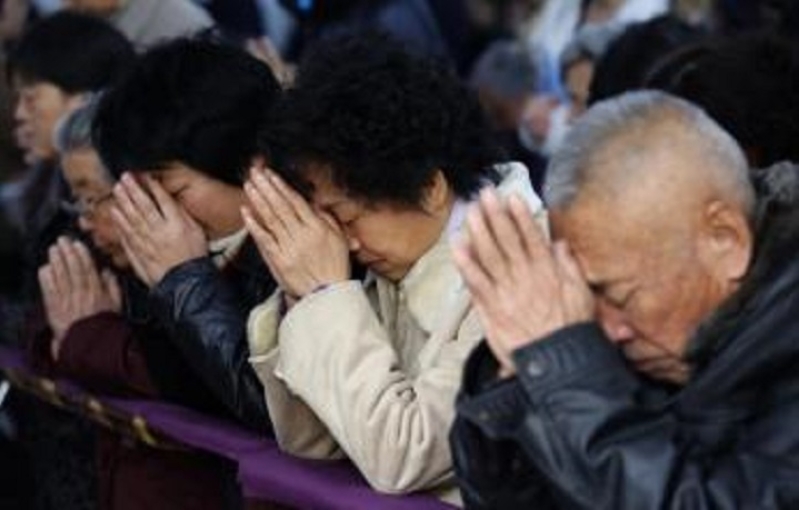
More and more Chinese citizens are embracing Christianity to meet their need for spiritual fulfillment, a journalist who has covered the country since the 1980s said.
Ian Johnson, Pulitzer Prize winner and author of the newly released book "The Souls of China: The Return of Religion After Mao," said people in China feel like the society they live in "lacks some kind of moral foundation," causing them to turn to faith-based communities where their spiritual needs are met, PJ Media reported.
"(People) feel that their society has become extremely harsh and unforgiving. And that it lacks some kind of moral foundation," Johnson said last week while speaking at the Woodrow Wilson Center.
"They turn to religious communities or faith-based communities as answers. And this is one of the reasons for the fast growth of Christianity in China, because they provide ready-made social groups," he added.
Apathy has become part of life in China-a fact that the people themselves have noticed and often discussed on social media and online forums. Nobody stopped anymore to extend a helping hand to someone who gets hurt or injured in public, for example.
Aside from the growing apathy, many people in China are also becoming "disillusioned" with capitalism, PJ Media said.
Furthermore, the people are increasingly feeling a sense of "unfairness" in China. For example, it is not unusua for a person who has worked for years for the government to receive grand gifts like several apartment units. Instances like this make the citizens feel "cheated," Johnson said.
"There are people who really deserve the millions that they make, but there's a whole lot of people, probably the majority of millionaires in China, I would guess, earned this through what sociologists call rent-seeking efforts," Johnson said.
The communist government's control over the media are likewise making the people turn to faith-based groups to look for answers.
A report released last month said that the intensifying religious persecution in the country, which was meant to discourage Christians and other religious minorities from pursuing their faith, has achieved just the opposite and has contributed to the growth of Christian churches in the country.
According to the report, intensifying religious restrictions were imposed to intimidate believers and curb the growth of Christianity, but it has caused Christians to be bolder and to respond with a "surprising degree of resistance."
Because of limitations placed upon state-sanctioned churches, these have also failed to "meet the growing demand for religion in society."
"This escalating cycle of repression and pushback illustrates a fundamental failure of the Chinese authorities' religious policies," the report said.







